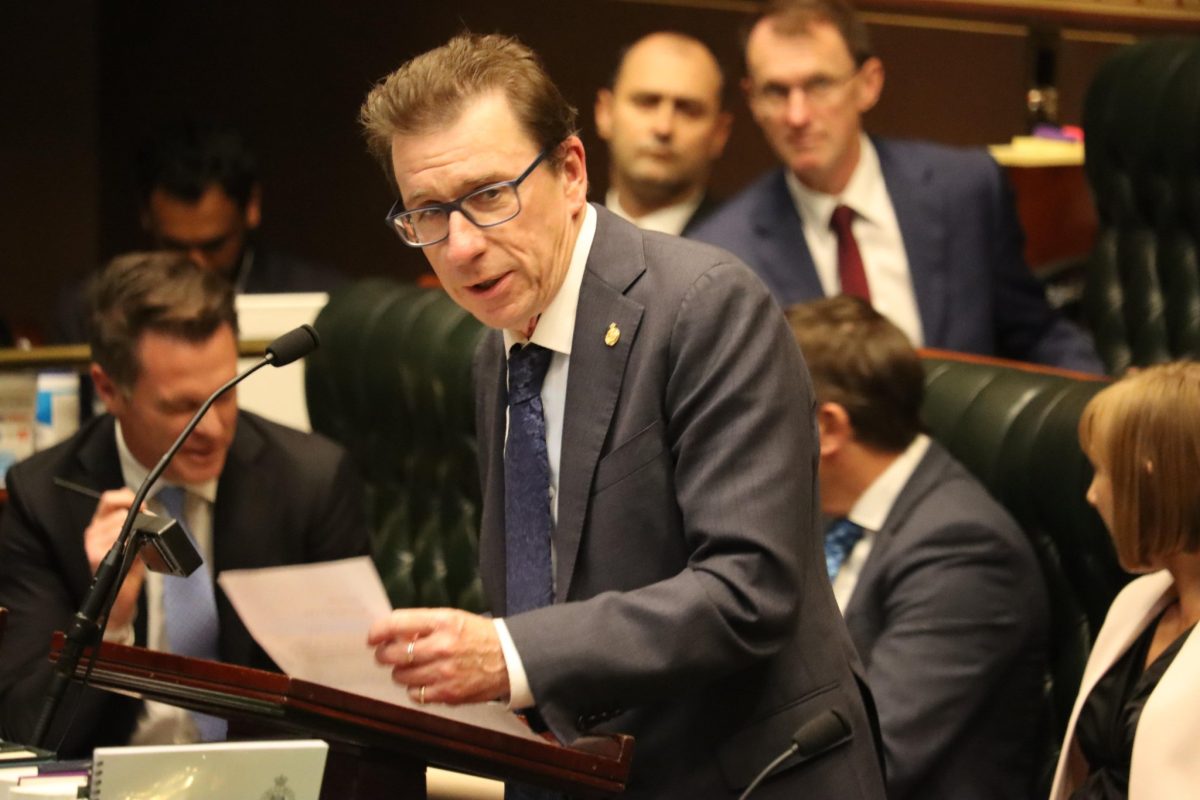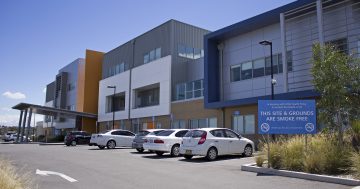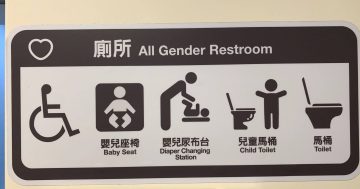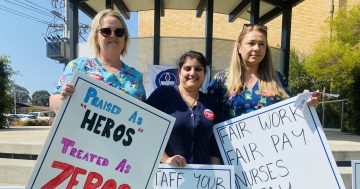
Wagga MP Joe McGirr expressed his concerns over the abortion bill. Photo: Parliament of NSW/Facebook.
A new bill that allows nurse practitioners and midwives to prescribe abortion-inducing pills has passed both houses of parliament, despite being opposed by Wagga MP Joe McGirr.
Dr Amanda Cohn, an Albury-based GP and Greens MP, recently introduced legislation to improve access to pregnancy termination across the state.
She says the procedure is still a “postcode lottery” in NSW, six years after it was decriminalised.
As Region previously reported, Riverina women seeking this procedure may need to travel up to four hours and cross state borders into the ACT and Victoria.
“The Greens are incredibly proud to have put abortion access on the political agenda and driven this needed change for women’s rights and reproductive rights in NSW,” Dr Cohn said.
“Equitable access to reproductive health care in rural NSW won’t be fixed by this bill alone. The government must fund abortion services in public hospitals, as the Premier promised last year.”
Only medical practitioners such as GPs can perform abortions currently. Dr Cohn’s legislation aims to improve access by allowing nurses and midwives to prescribe abortion-inducing pills.
A watered-down version of her bill passed the Upper House last week and is now poised to become law, after being passed by a 65-20 vote in the Lower House.
McGirr expresses concerns about ‘strain’ on regional health care system
Dr Cohn’s original bill required abortion to be provided “within a reasonable distance of patients’ homes”.
Dr McGirr said this placed abortion over other urgent medical procedures in regional areas and put more burden on an already stretched health care system.
“The original bill also required abortion to be provided ‘within a reasonable distance of patients’ homes’, effectively raising it, in my view, above other urgent medical needs, especially for regional people,” he said.
“Maternity deserts and women giving birth by roadsides, for example, are more pressing issues if we are to deliver urgently needed reforms to rural and regional health care.”
Even though this provision was struck out by the Upper House, Dr McGirr opposed the watered-down bill in the Lower House.
“The legislation before the house, however, still imposes a burden on the overworked state system by attempting to have nurse practitioners and endorsed midwives, who are in short supply, perform a function that is already being delivered,” he said.
He proposed that training and minimum two years’ experience should be a requirement for nurses and midwives before they are allowed to prescribe abortion-inducing pills.
Parliament divided
Liberal MP Monica Tudehope also voted against the bill.
“Life commences at conception,” she said.
“I echo the views made by colleagues in the Upper House that there is little evidence presented to make the case that there are issues with access, even in regional NSW.
“Further, there appears to have been limited consultation with nurses and midwives as to whether they are seeking an expanded scope of practice to be able to administer the abortion medication.”
By contrast, Pittwater Independent MP Jacqui Scruby described restricting abortion access as a strike against women’s rights.
“Restricting abortion access undermines gender equality and disproportionately harms those who are already vulnerable: young women, older women, rural women and those experiencing poverty or violence,” she said.
“These are not abstract issues; they are lived realities.”
Barwon independent MP Roy Butler wants women to be offered counselling before they proceed with an abortion.
“I intend to introduce a bill to the parliament to ensure more advice and support is available for women who are thinking of undergoing the procedure,” he said.
“The bill would ensure there is an offer of a discussion — it would never be mandatory.
“The changes proposed in this bill are not radical changes to abortion law; they merely bring NSW in line with other states to allow nurse practitioners and qualified midwives to legally prescribe a medication to terminate a pregnancy.
“Allowing midwives and nurse practitioners to prescribe the medication will make a safer method of termination more accessible to people in regional, rural and remote areas.”
Labor MP Jenny Aitchison urged people opposing the bill to think about the consequences of late-term abortions.
“The delay in accessing abortion can lead to later term abortions, which can put women’s lives at risk,” she said.
“While we always hope that abortion is a last resort and that it is rare, we must strive to ensure that women’s access to abortion is always free, safe and legal for those who need it, when and where they need it.
“We cannot say we are giving those rights to women if they are conditional on their location, socio-economic status or the status of their relationship.”
The Premier, Opposition Leader, Health Minister and Shadow Health Minister all supported the Greens’ bill.
Original Article published by Erin Hee on Region Riverina.














